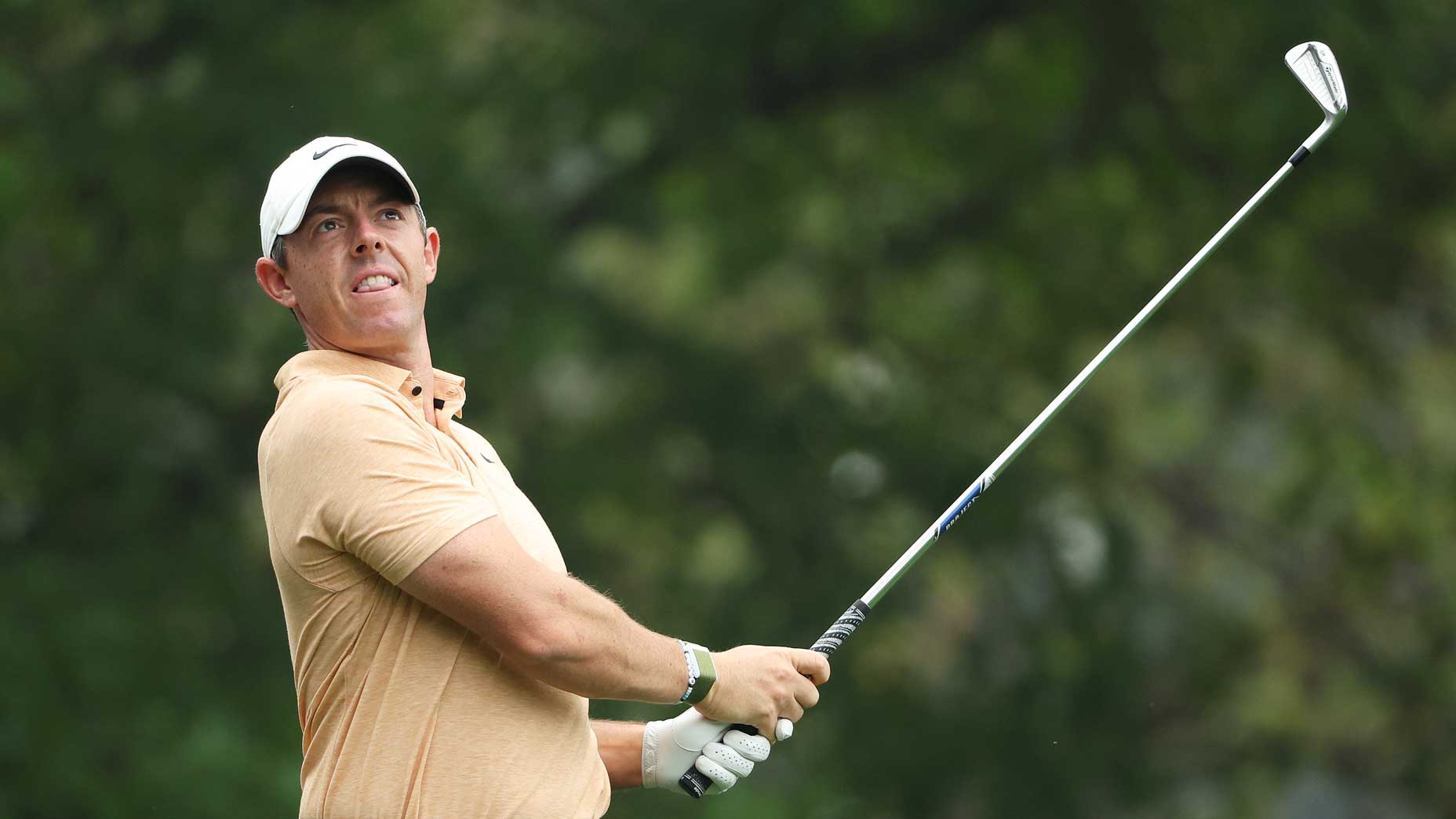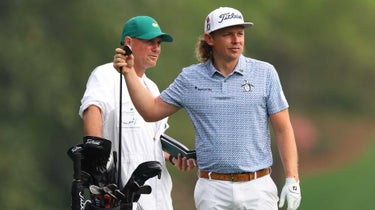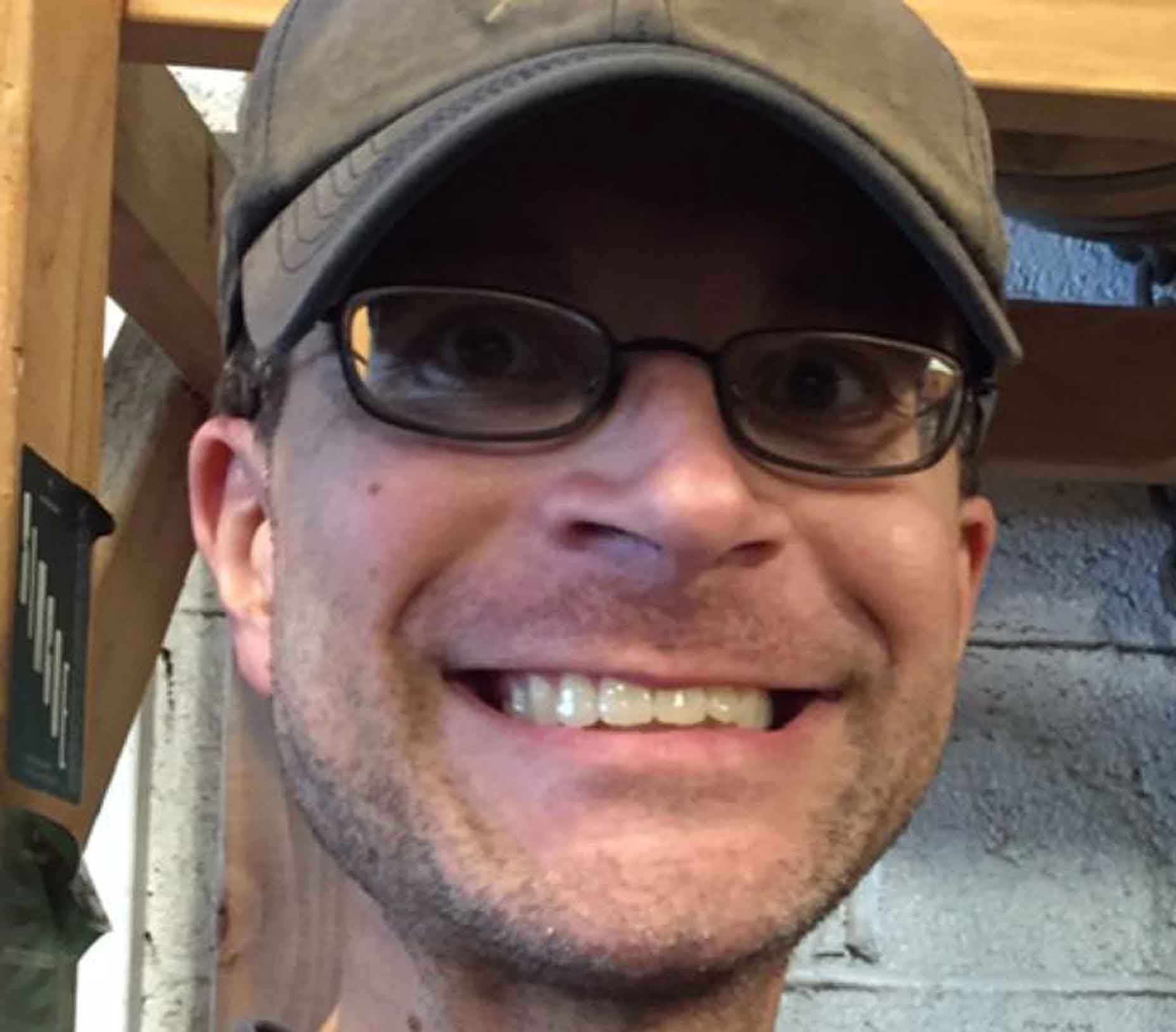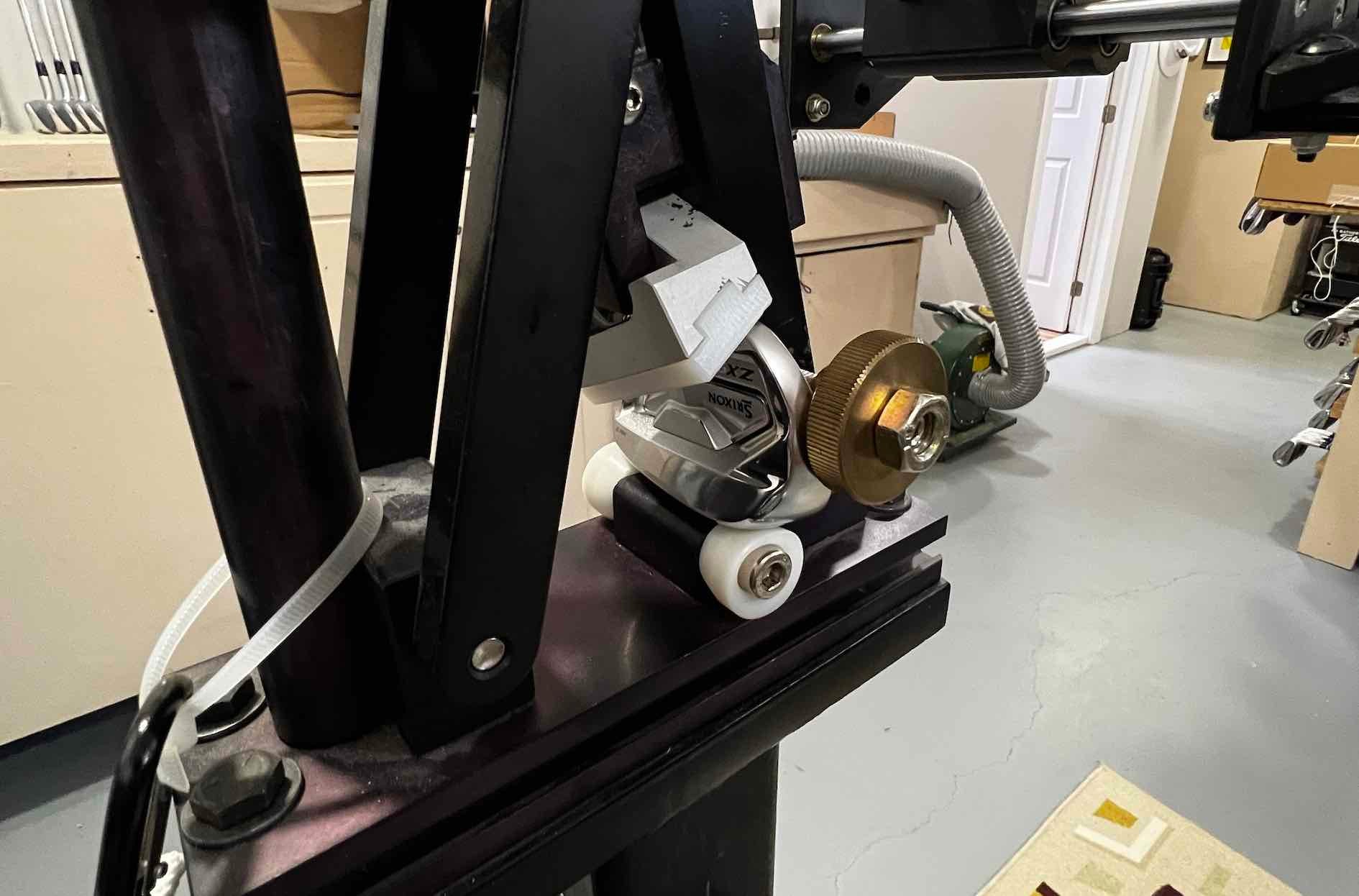
Rory McIlroy hits his tee shot on the 4th hole during his Tuesday Masters practice round.
Getty Images
AUGUSTA, Ga. — What were his expectations for this week? What were his expectations for this week considering his previous weeks here? What were his expectations for this week considering LIV Golf and all that may or may not come with that? Whew, boy. The questions were heavier than the summer humidity here.
And then they asked Rory McIlroy about the Drive, Chip and Putt.
With him, there is no question on the body. The drives, the approaches, the chips, the putts, all were created to win the Masters. They’re a thing of both brawn and beauty, overpowering, yet elegant, a wonderful fit for Augusta National. And yet …
There was the 2011 meltdown here. A final-round 80!
And some average first rounds. A 74? A 73? A 75? A 76? A 73?
And some OK finishes. But no green jacket?
And the questions come.
“When you think about the struggles you’ve had here over the years, a bunch of Top 10s, second last year, but when you think about them, do you categorize them as physical, mental or emotional struggles?”
“I would say the majority of mental or emotional struggles rather than physical,” McIlroy said Tuesday in his press conference ahead of the latest edition of the Masters. “I’ve always felt like I have the physical ability to win this tournament. But it’s being in the right headspace to let those physical abilities shine through.
“… It’s been tentative starts, not putting my foot on the gas early enough. It’s been — I’ve had a couple of bad nine holes that have sort of thrown me out of the tournament at times.
“So it’s sort of just like I’ve got all the ingredients to make the pie. It’s just putting all those ingredients in and setting the oven to the right temperature and letting it all sort of come to fruition. But I know that I’ve got everything there. It’s just a matter of putting it all together.”
Fun metaphor. Who doesn’t like pie? We’ll keep it going.
So just how do you bake in the mental sugar?
To help find the answer, let’s go back to the Drive, Chip and Putt, held here two days ago. And a few more questions.
To start, McIlroy has developed a friendship with Maya Palanza Gaudin. McIlroy lit up when asked about her on Tuesday. She’s the newest 12-13 winner, and her story is inspirational — she’s adopted from Ethiopia, she’s tried to qualify for the DCP finals six times, and her journey from there to Sunday is incredible (and written in beautiful detail here).
“Maya, I mean, she has — she’s been targeting that Drive, Chip & Putt for forever, it seems like,” McIlroy said, “and to see her go there and perform the way that she did and win, and the smile on her face, it’s amazing, absolutely amazing.
“So yeah, I want to give a shout out to Maya. She was incredible, and it was great to see. And she’s an amazing golfer and an amazing human being, but I’m really proud of her.”
Let’s stay with the kids now. To note, McIlroy’s putting coach, Brad Faxon, is a proponent of the uncluttered, and McIlroy has sought the counsel of Bob Rotella, a renowned sports psychologist.
“When you work with Fax, you do games, not drills, on the putting green, and you had these kids out there the other day on 18 hitting putts at Augusta National …”
“I saw some of them AimPointing, like, oh my goodness,” McIlroy said, laughing.
“That was painful. In a sense, is that the freedom you’re seeking as a putter?
“Bob Rotella tells me that all the time. When you were six years old, did you read a putt? No, you went purely on instinct. And usually instinct is — as you proceed to get smarter and get more wisdom, you start to question that instinct more and more. But every time you go back to it, it seems like that instinct is the right answer at the start.
“So yeah, the more we can — you know, there’s a lot of us that play golf in this room. The more that we can be childlike on and around the greens, the better, I think.”
Deep, thoughtful stuff, right?
And maybe the mental answer’s just kind of been there all along. And it just gets lost in the question weeds.
Still, McIlroy’s had to go through those trials to get here, though.
“I think you have to go through everything, right,” he said. “Like it’s not — I don’t think — not every experience is going to be a good experience. I think that would lead to a pretty boring life. You know, you have to learn from those challenges and learn from some of that scar tissue that’s built up.
“You know, I felt last year that I maybe shed some of that scar tissue and felt like I sort of made breakthroughs. Yeah, I’m feeling as sort of relaxed as I ever have coming in here just in terms of I feel like my game is in a pretty good place. I know the place just as about as well as anyone.
“But yeah, good experiences, bad experiences, it all adds up at the end of the day, and you probably learn a bit more from those bad experiences, and I feel like I’ve done pretty well at sort of putting those lessons into my play and being better because of them.”












